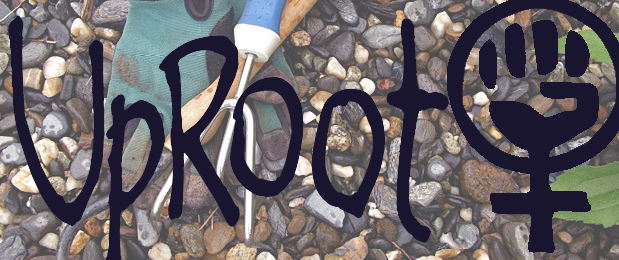
Guest Post by Averett Robey, Prevention Education Specialist, HAVEN
This year marks (the end) of the first year of the Detroit Lions partnership with HAVEN to bring redefine, our young men’s leadership development program, to Oakland and Wayne Counties. As the school year closed earlier this season, I reflected upon all the schools, classrooms, educators, and dedicated and awesome students we had the opportunity to engage and meet. We were fortunate enough to celebrate these students’ dedication and commitment to ending violence in their communities in a big way. Together we celebrated the young men’s completion of the program with an event at Ford Field. It was an opportunity for them to meet former and current Lions players, get signed memorabilia, and go on a tour through the locker room and field. Not only was the event remarkable, but having an opportunity to hear students say “This is the best day ever,” “Thank you for bringing this to our school,” and “Can’t we be in the program next year?” was an awesome experience.
To anyone looking from the outside, they would most likely assume that hearing those statements was the best thing about the whole experience. However, to me it is not. You see, redefine is not only about building empathy and teaching young men about the epidemic of intimate partner and sexual violence. It is about working with young men to redefine what it means to be a man. To develop a definition that is not rooted in violence, domination, or control, but centers on respect, equity, and empathy. This is crucial for a couple of reasons. First, the current definition is taught, and then reinforced, to help build a foundation where violence is linked to masculinity. Sayings like “get up, and act like a man!” and “don’t let nobody disrespect you” are great examples of how we teach men and boys this toxic definition every day. All of these things work together to create the reality where 90+ of every 100 violent crimes are committed by men, 88.8% of homicide offenders from 1980-2008 were men, and where 99.8% of convicted rapists are men. These statistics do not mean that most men would commit these crimes, it is a small percentage of men that do, but what is important is how we work with the men and boys who would never perpetrate that violence to intervene and become change agents. This is important because violence affects everyone, people they love and care about; as well as, themselves. Its impact on men and boys is great. This toxic definition of masculinity, linked with stoicism, works in tandem to create a framework where less than 50% of boys and men with mental health issues seek help and every day in the U.S. 3 or more boys commit suicide.
For me the greatest part of our redefine program is working with young men to redefine masculinity, to establish working definitions that help create the change that we desperately need. Our program is an intentional push away from other prevention efforts that focuses on putting women on pedestals and “protecting” them, and instead centers on working alongside women and girls to eliminate intimate partner and sexual violence. This is key because it is only in equity that we can create sustainable systemic change. It is on all of us to come together to eliminate violence in our communities.
For more information on violent masculinity and its impact, access these hyperlinks.
To bring prevention programming to your school in Oakland County, Michigan in the coming year contact our Prevention Education Program at HAVEN.
If you or someone you know is a victim of intimate partner violence or experiencing power and control dynamic in their relationship that feels abusive or unsafe HAVEN is here to help. Our crisis and support line is always open for you 877-922-1274.









